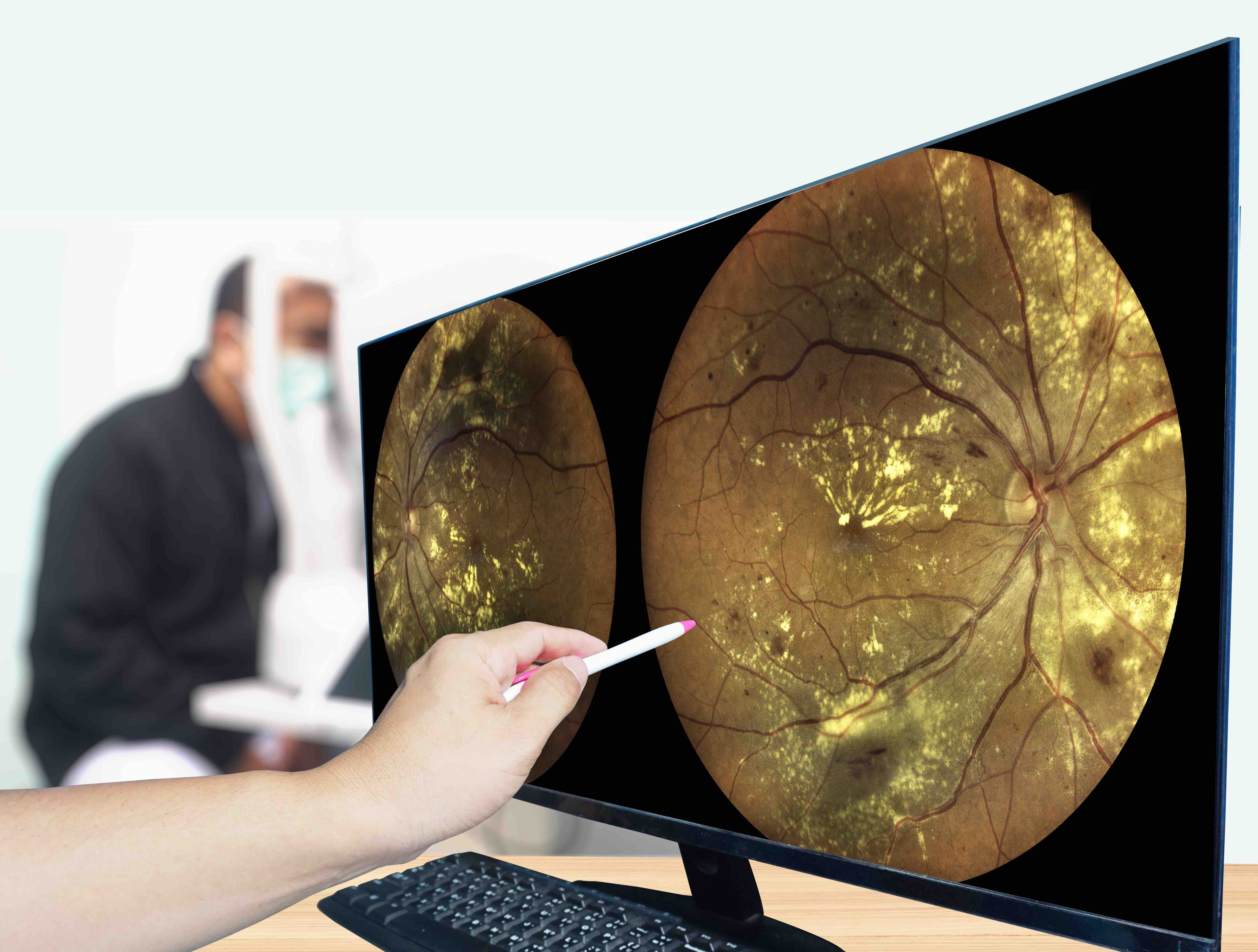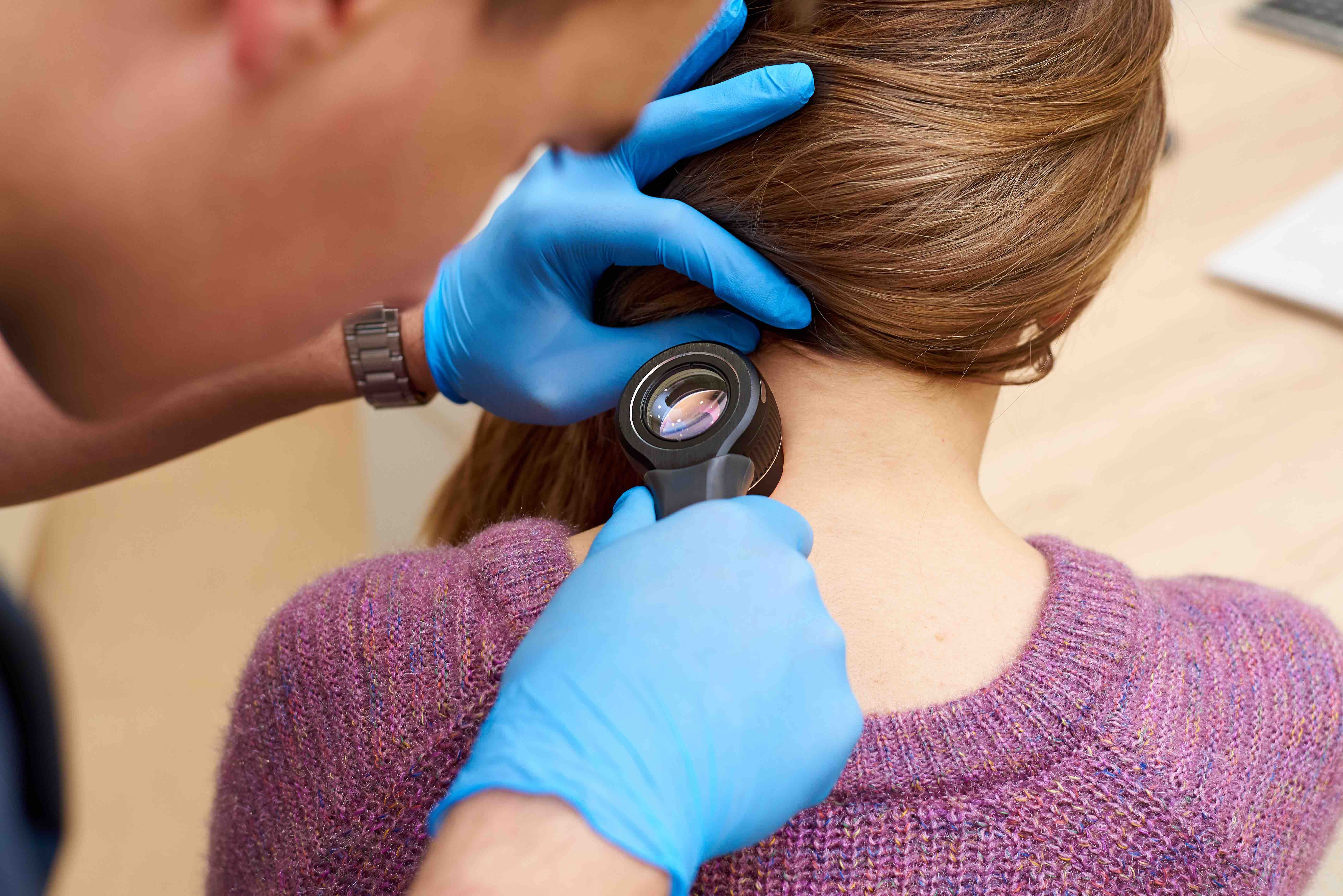Article
bluebird bio Receives FDA Accelerated Approval for Rare Brain Disease Gene Therapy
Author(s):
The gene therapy is the first treatment for active cerebral adrenoleukodystrophy, a fatal neurodegenerative disease that affects boys.
The FDA Friday granted accelerated approval of elivaldogne autotemcel (Skysona), also known as eli-cel, to slow the progression of neurologic dysfunction in boys aged 4 to 17 years who have early, active cerebral adrenoleukodystrophy (CALD).
The 1-time therapy will cost $3 million, according to bluebird bio.
CALD is caused by mutations in a gene called ABCD1 and typically occurs in boys between the ages of 3 and 12, with onset usually around age 7. The mutation affects the production of adrenoleukodystrophy protein (ALDP) and subsequently leads to accumulation of very long-chain fatty acids (VLCFAs), primarily in the white matter of the brain and spinal cord. This accumulation leads to the breakdown of myelin, the protective sheath of nerve cells.
Eli-cel adds functional copies of the ABCD1 gene in a patient's stem cells to help produce ALDP.
The approval comes after the drug received unanimous endorsement from a panel of outside advisers to the FDA in June. It is based on data from the phase 2/3 study ALD-102 (Starbeam) (N = 32) and phase 3 study ALD-104 (N = 35), both open-label, single-arm trials.
Participants had early, active CALD with elevated VLCFA values, a Loes score between 0.5 and 9 (inclusive), and gadolinium enhancement on MRI of demyelinating lesions. Additionally, patients were required to have a neurologic function score (NFS) of 1 or less, indicating limited changes in neurologic function. Efficacy was compared with a natural history population.
Per protocol, patients treated with eli-cel were assessed using the NFS and monitored for the emergence of 6 major functional disabilities (MFDs) associated with CALD progression: loss of communication, cortical blindness, requirement for tube feeding, total incontinence, wheelchair dependence, or complete loss of voluntary movement.
The accelerated approval is based on 24-month MFD-free survival. A post hoc enrichment analysis in symptomatic patients assessed MFD-free survival from onset of symptoms (NFS ≥ 1) in patients receiving eli-cel (n = 11) and no treatment (n = 7). Eli-cel treated patients had an estimated 72% likelihood of MFD-free survival at 24 months from time of first NFS ≥ 1, compared with untreated patients, who had only an estimated 43% likelihood of MFD-free survival.
The company also confirmed that the previous clinical hold on the eli-cel clinical development program has been lifted.
The approval is the company's second in about a month; in August, the FDA approved the first gene therapy for the treatment of adult and pediatric patients with beta-thalassemia who require regular red blood cell transfusions.




